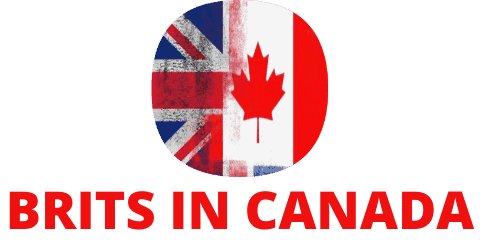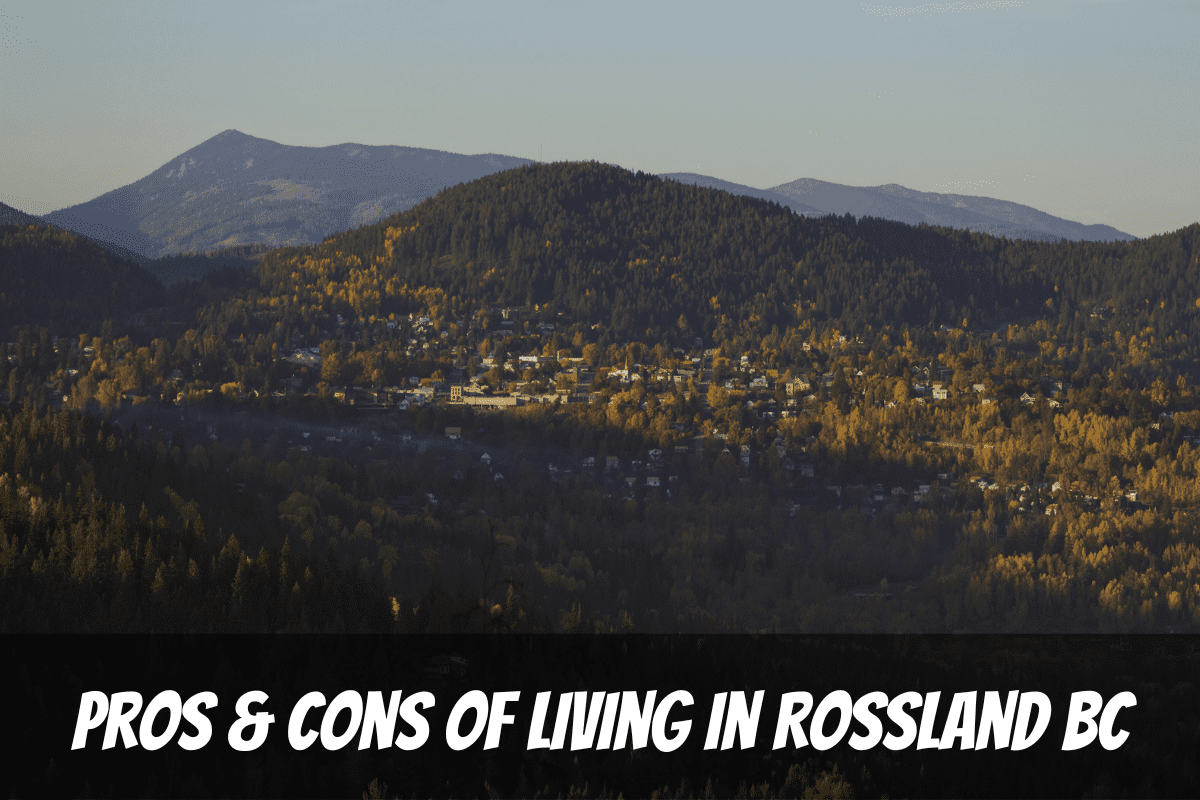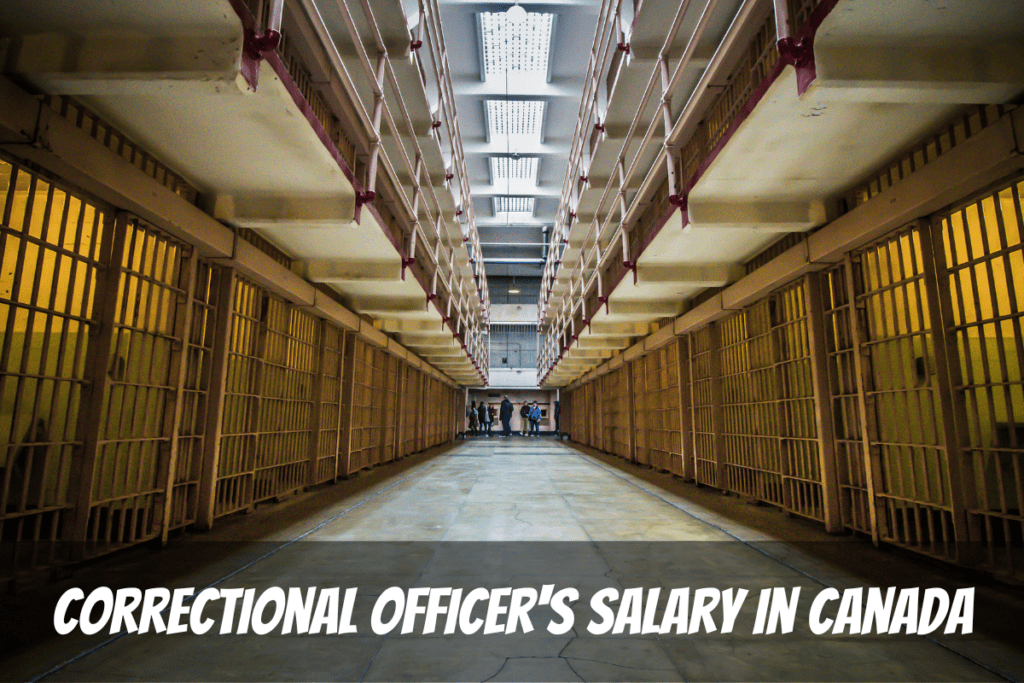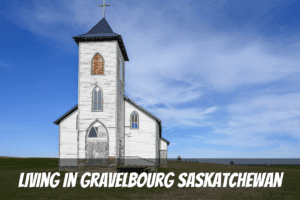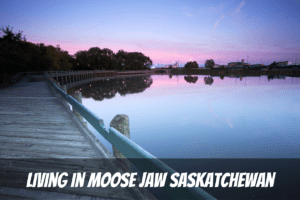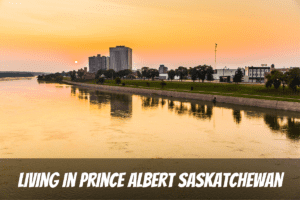Are you planning a move to British Columbia but looking for a quieter location away from the big cities? If so, you may be interested in living in Rossland BC, a small town close that sits high in the Monashee Mountains, just one of the many attractive small towns in BC.
Rossland is a great choice for anyone who enjoys outdoor life and winter sports. The town is just 5 minutes from Red Mountain Resort, a ski resort with around 120 runs covering five peaks. The area is also excellent for mountain biking, hiking and trail running in the summer.
We will give you all the key information about living in Rossland, BC, and an unbiased view of the pros and cons of living in this town.
Living In Rossland BC – The Facts
Here are some key facts about this attractive mountain town for anyone interested in living in Rossland, BC.
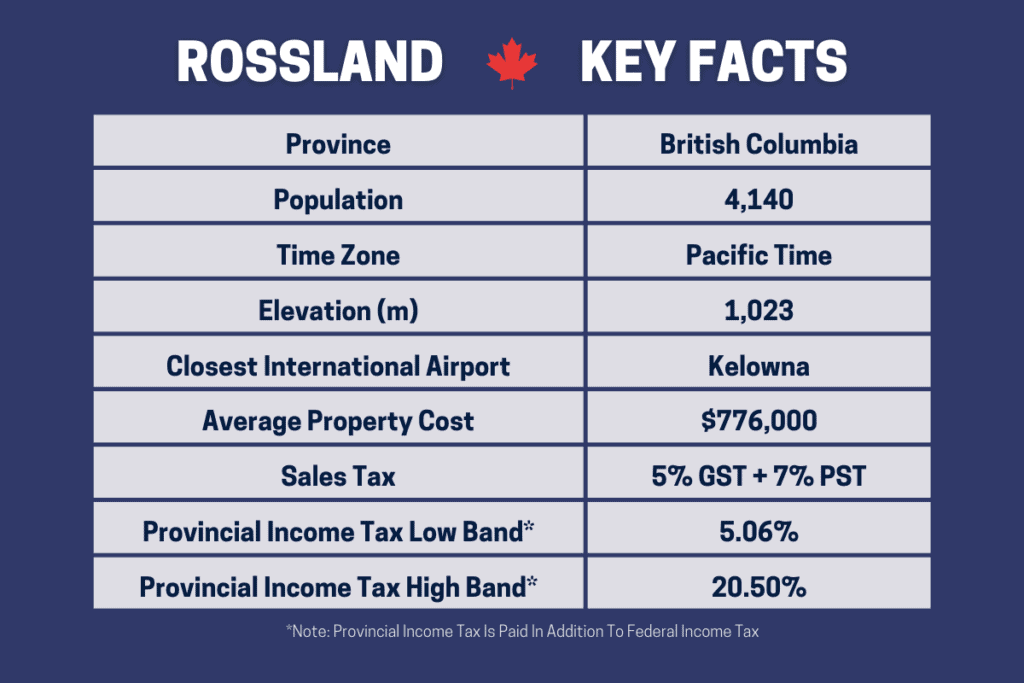
Where Is Rossland, BC?
Rossland lies in southern BC, around 10km from the US border. It will take you around 7.5 hours to drive to Vancouver, which is directly west of the town, and almost the same time to go to Calgary in Alberta.
The closest international airport is at Kelowna, around 300km northwest of Rossland, a drive of almost 4 hours. Kelowna International Airport offers flights to a handful of international destinations, mainly in the US and Mexico and many domestic destinations.
What Is The Population Of Rossland in 2023?
The population of Rossland in 2023 is around 4,254, based on the latest government of BC estimates released at the start of the year.
The town has seen steady growth in recent years. The latest federal census data (released in 2022) showed a population of 4,140, representing a growth in the population of Rossland of 11.0% between 2016 and 2021.
The average age of the population is 40.7, just below the national average of 41.9, and the population of Rossland is predominantly white and English-speaking.
According to the latest census data, visible minorities account for just 4% of the population. The largest minority groups living in Rossland are South Asian and Chinese, and these groups account for more than half of the visible minority population.
What Is The Weather In Rossland, BC, Like?
Most of Canada experiences cold, harsh winters with pleasant, moderately hot summers. However, BC’s coastal location and mountain ranges mean its climate isn’t typical of Canada.
You will find significant variations in the climate even within the province. Overall the BC weather is milder and wetter than the rest of Canada. The south coast has the mildest winters in Canada and warm, pleasant summers, while the southern interior has very short winters with long, dry, hot summers.
The weather in Rossland is relatively moderate compared to much of Canada. The average January low is minus 8 Degrees C, while the average July high is 24 Degrees C. The average annual precipitation is around 900mm, with about 370mm of this falling as snow.
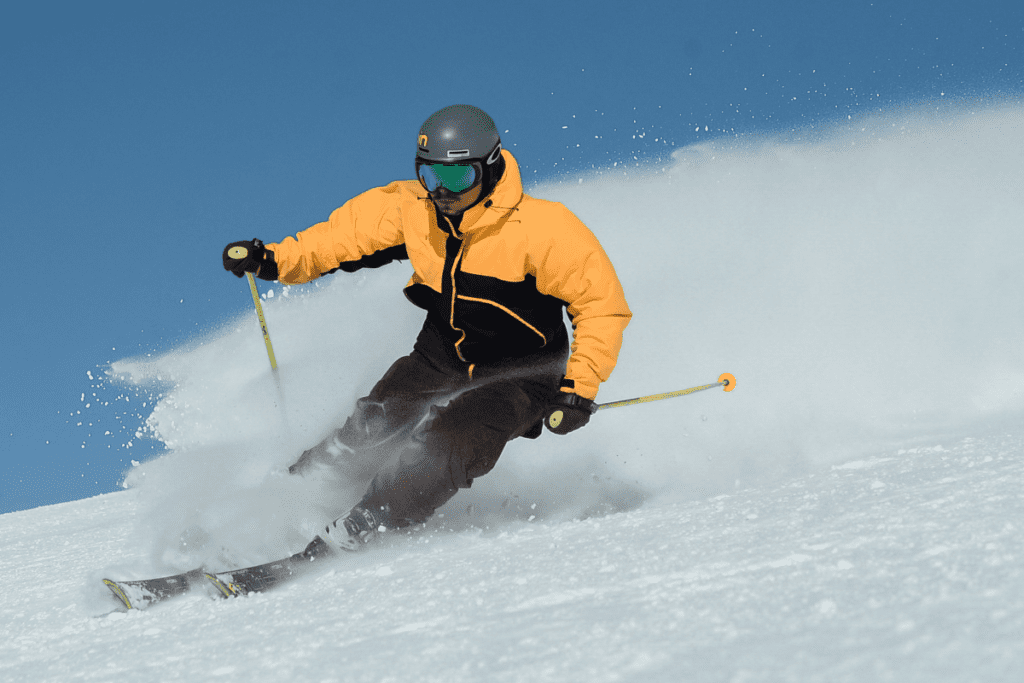
What Is The Cost of Living In Rossland Like?
Most immigrants find the cost of living high in Canada, and BC is one of the more expensive provinces. House prices in BC are around 50% higher than Canadian averages.
Rural areas are cheaper but still subject to higher provincial taxes. Sales tax is 12% on most goods (5% GST plus 7% PST) compared to 5% in provinces such as Alberta, and the top income tax rate is relatively high.
The average property price in Rossland is $776,000, around 85% of the average for BC. However, real estate in Rossland is almost 25% higher than the national average and relatively high for a rural town. This is due to the increasing popularity of Rossland as a recreational resort.
What Is The Rossland BC Economy Based On?
Rosslands economy was traditionally based on the processing of natural resources but has become increasingly diverse in more recent years. Today the local economy depends on tourism, regional services such as education and health, and industry such as Teck Metals in Trail.
Tourism has received a boost from the expansion of Red Mountain Resort and the development of the Redstone Gold Resort.
Is Rossland, BC, A Safe Place To Live?
Canada is one of the safest countries in the world to live in. Crime rates are low, and the country always features near the top of the annual Global Peace Index rankings.
Canada, Quebec, Ontario and the Maritime provinces have the lowest crime rates, while the highest in the territories. BC crime rates are above average for Canada.
Crimes rates in Rossland are lower than average for BC, and it is considered a very safe place to live.
Are You Planning A Move To Canada?
Are you wondering whether to make the move and have endless questions?
Do you want to know about living in the city of Regina, Saskatchewan, or if living in Moose Jaw, Saskatchewan, would be a better option than living in Prince Albert, Saskatchewan?
We have the answers to these and many more questions.
What Are The Schools In Rossland, BC, Like?
Canada has a robust and publicly-funded education system, which consistently ranks as one of the best in the world. Education is administered at a provincial level, and BC has a reputation for excellent education within Canada.
Rossland has one public elementary school, Rossland Summit, which covers kindergarten to grade 9. Beyond grade 9, most students attend J L Crowe Secondary School in the neighbouring Trail (around a 15-minute drive from Rossland).
The town also has a francophone school (School of the Seven Summits) and a blended learning school (The Seven Summits Centre For Learning) offering programmes for students in grades 8 to 12. This last school is partially publically funded and partly funded by student fees.
What Is The Healthcare In Rossland, BC Like?
Canada has an excellent publicly-funded healthcare system which covers “medically necessary” care. Generally, hospital and doctor visits are covered, while other types of care, such as dental, optical and prescriptions, are funded for certain groups of people.
In Canada, healthcare is administered at a provincial level, so anyone living in Rossland, BC would be covered through BC Healthcare.
You should be aware that there is currently a shortage of family doctors in much of Canada, and it can be difficult to find clinics taking on new patients. This is especially true of the smaller towns and cities.
The closest hospital to Rossland is Kootenay Boundary Regional Hospital in Trail, around 10km away. The hospital offers a range of inpatient and outpatient services and 24/7 emergency care.
Pros And Cons Of Living In Rossland
The pros and cons of living in Rossland BC will vary from person to person, but whatever you are looking for, these are key factors for you to consider.
Pros Of Living In Rossland
- Attractive mountain town
- Winter & summer outdoor activities
- A safe place to live
- The regional airport at Trail
- Strong economy
Cons Of Living In Rossland
- Isolated/a long way from a major city
- Limited school options
